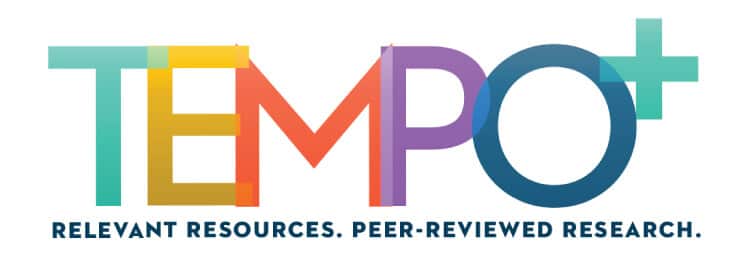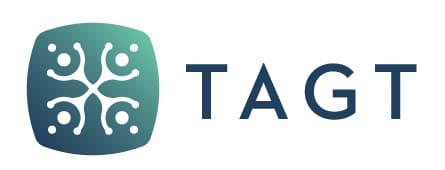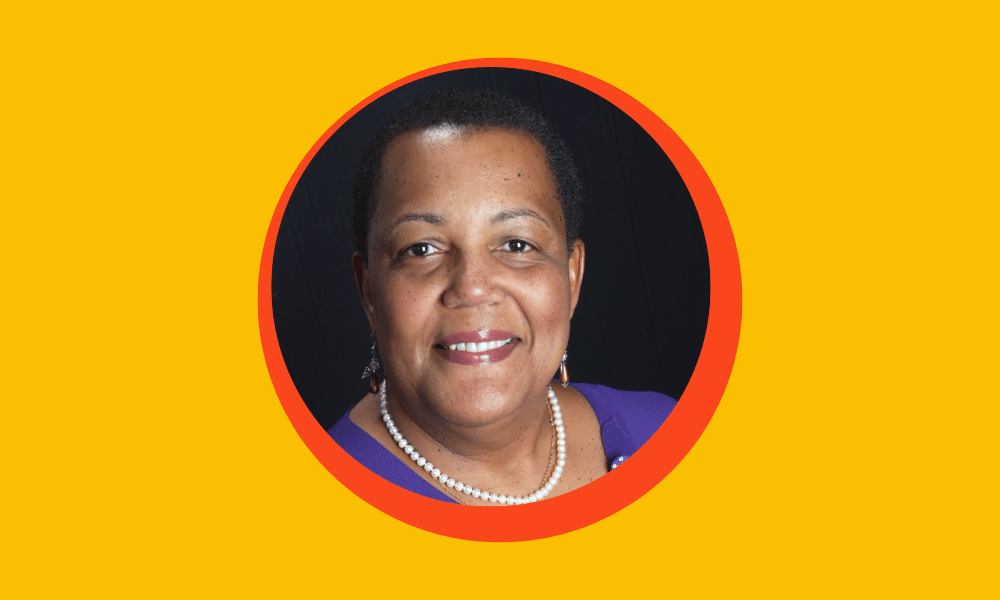Transitioning from a worldwide pandemic back to lives we recognize will bring gifted children both novel and perennial challenges amplified. Please join us to explore our gifted children’s most pressing issues, including:
- Is virtual learning presenting an insufficient challenge, vision issues with screen time, a lack of exercise, an irresistible desire to exit learning platforms and play online games, or an intensifying need for face-to-face contact with both teachers and friends?
- Are sensitive gifted children showing symptoms of anxiety and depression? What help is available?
- As children return to classrooms, how do we address the needs of gifted children when other students have fallen behind? How can we alert teachers to unmet needs? Can we teach our children to self-advocate graciously?
- How does the gifted introvert, who was “just fine” with virtual learning, make the transition?
- Are there “virtual” approaches that should continue once all students are back in schools? Even reluctant educators learned new skill sets that allow the use of online or other virtual teaching options. How can educators embrace these and how can parents share with educators the virtual teaching strategies that helped their children most.
Parents will take away a few good strategies that can help maintain balance and allow our gifted children to thrive!
About the Presenter
Barbara (“Bobbie”) Jackson Gilman, M.S., from Gifted Development Center (GDC) in CO, has devoted her career to identifying gifted and 2e children, and ensuring a rewarding education for them. SENG’s 2015 Healthcare Professional of the Year, Bobbie realized her own children should have come with a manual! She offers her Gifted Minds Empowered: Advocacy to Develop Gifted Children’s Strength to help. It serves as the textbook for GDC advocacy classes and received the 2020 TAGT Legacy Book Award in the Parenting category.






